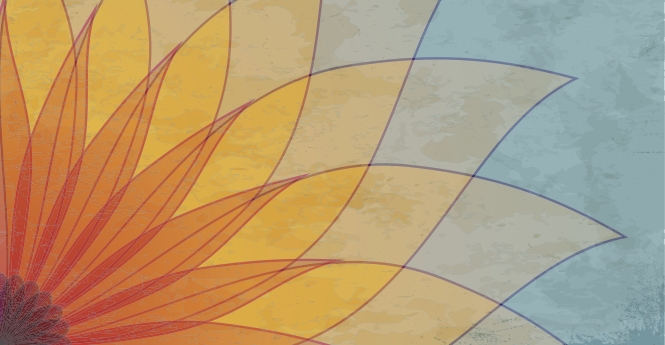Two Simple Secrets to Getting More Out of Your Time
Tremaine du Preez
"How we spend our days is, of course, how we spend our lives."
~ Annie Dillard, The Writer's Life
In my coaching practice I have an unusually high number of clients right now who feel unfulfilled, time-constrained and doing what's expected of them rather than what they want to do with their life. The year is not panning out the way they thought it would way back in January. Personal projects are lagging, dragging or even sidelined. And the reason I hear most often is that they simply don't have time for personal pursuits. They thought they would, but they really don't.
So I tell them this story
Some time ago my family decided to give up watching TV. We were so committed to this that we handed back our set top box - gulp. This was as hard to do as it sounds, especially over school holidays. Why would any family deny man's evolutionary right to waste away in front of scheduled programming? The short answer is that we were tired of never finishing our personal projects. "I just don't have time" had become our mantra.
So we took the plunge and channelled our evening down time into personal pursuits. I wrote a middle grade children's book (that I'm immensely proud of) in nothing more than 1/2 hour slots 3 nights a week over 3 months. Was I exhausted and wanting to chill in front of the tube, or Facebook, with a shiraz after hours? Yes, initially, but when I saw my story coming together and the real progress I was able to make - writing time with a glass of red became my after dinner treat that I wouldn't trade for anything.
What's your thing? Not everybody is a writer. A client of mine has been trying to get his personal travel blog out of his head and onto the web for three years. Three years! Is he super busy with a 100 000 air miles a year job? Does he have 6 kids? No - 1 child, normal working hours and an inability to say no to the many requests that come his way.
1. Good decision making is the first key to good time management
Do you really need to be reminded that every hour you invest in something that doesn't fulfil you is an hour less invested in your dreams?
I challenge you to find a successful person who makes bad decisions about how they invest their time. Making hard decisions about how you spend your time is the ultimate investment in yourself. Would you hand over all of your monthly earnings to anyone that asks for cash? I'm guessing you wound't. Like me, you'd probably make sure that your financial commitments are honoured before handouts and charity became a possibility.
Our time is our greatest asset yet we often take less care with how we spend it than we do our cash.
There are lots of useful time managements tools, plans and strategies, I teach many of them. But good time management is not much more complicated than a successful diet.
You can't expect to maintain a healthy weight if you don't eat healthily. Healthy eating isn't about taking time to count calories, designing complicated quinoa dishes or spending Saturday mornings at health food stores. A healthy diet is about making good choices in the moment when you are faced with a take out menu, or during the weekly grocery shop.
We all have 24 units of time, everyday, but we make different decisions about how to spend it. Choosing to spend 1/2 hour on Facebook at night or on the novel that's well outside of your comfort zone but burning you up from the inside, is a decision that only you can make.
2. Weed out and scale back on quick-win projects
I'm guilty of pursuing those quick jobs that I can easily tick off my list. At least then I can look back at my day and say, "I got so much done - all the admin, all the chores, dry cleaning, emails, expenses. Boy I'm busy." These are quick win projects that fill our time and fulfil our need to be productive. Could you rather leave the washing on a Wednesday and take that language class that's been on your bucket list since before bucket lists were a thing?
After all, how you spend your day is your decision. Your days become your years and those years can't ever be relived.
Follow Tremaine to receive Monthly coaching tips:
Tremaine du Preez is a behavioural economist, Huffington Post Blogger and lecturer in Critical Thinking, based in London. Her book Think Smart, Work Smarter - a practical guide to making better decisions at work is available from Amazon. Her next book Raising Thinkers will be out soon.











